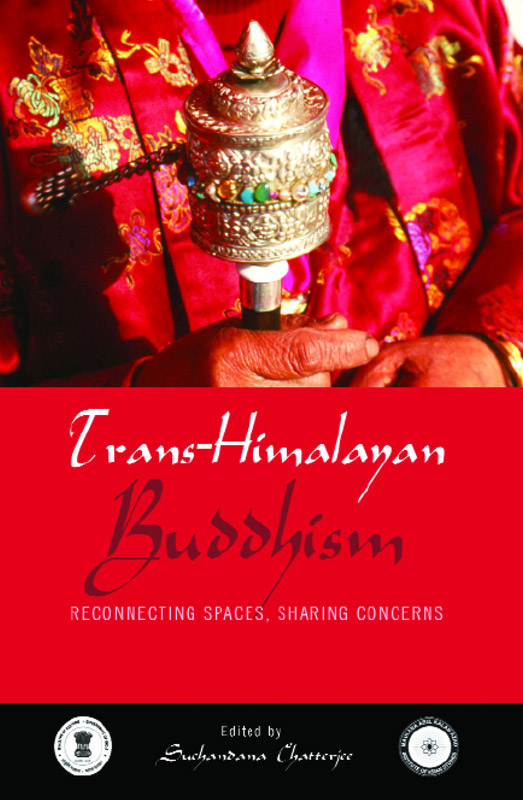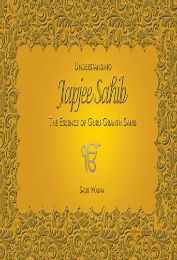Subjects
Trans-Himalayan Buddhism: Reconnecting Spaces, Sharing Concerns
Suchandana Chatterjee
Trans-Himalayan Buddhism is not simply a cultural spectacle across spaces north and south, east and west of the Himalayas. It is also a subject of interactive behaviour among Buddhist communities who have been dispersed over the Kunlun mountains or the Kashgar markets that have been the meeting points of pilgrims, traders, merchants, envoys, military men, artists and scholar travelers. The northern reach of Buddhism is incomprehensible without reflections on shared histories and common concerns which the book tries to focus on.
The ambit of Buddhist studies reflects not only the spiritual and philosophical domain of Buddhism but also a symbiotic relationship between the monastic establishment and protectors of cultural tradition-a trend that one sees in the context of Buddhist revivalist projects in Mongolia and Buryatia. The presence of a Buddhist order in the political realm has revived intellectual debates about the relationship between spiritual and temporal authority. The interface between South Asian and South East Buddhism on the one hand and Central Asian Buddhism on the other is also delicately balanced in Buddhist cultural discourse. The relevance of Buddhism in a globalized world has also given a new direction to the realm of Buddhist studies.
This book takes into account the competing discourses of preservation and revival of Buddhism in the trans-Himalayan sector. It not only deals with the cultural ethos that Buddhism represents in this region but also the diverse Buddhist traditions that are strongly entrenched despite colonial intervention. Juxtaposed to the aesthetic variant is the extremely sensitive response of the Buddhist communities in India and Asiatic Russia centred round the issue of displacement. It is this issue of duality of common traditions and fractured identities that has been dealt with in the present volume.


 Political Science
Political Science



